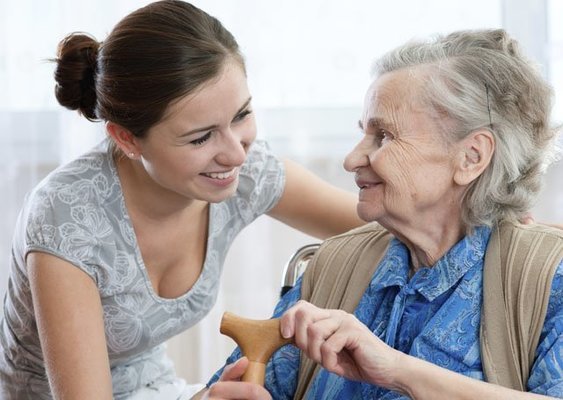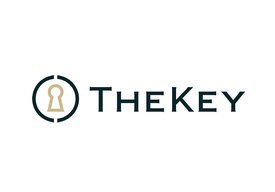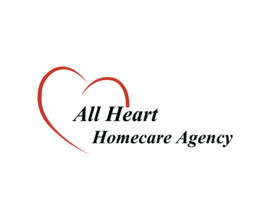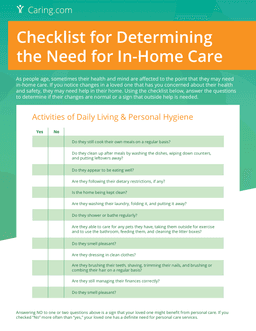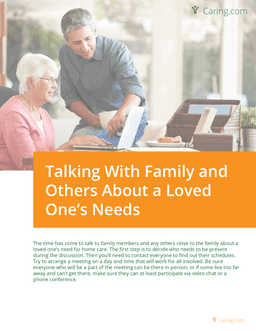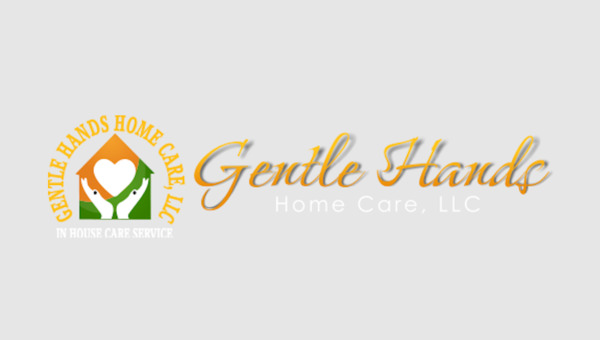
CARING STARS WINNER
172-02 Jamaica Ave, Jamaica, NY, 11433
4.6
(13 reviews)
"Gentle Hands literally saved my life when it came down to assisting both of my elderly parents. My mom has dementia and my dad is 97 years old. They have worked above and beyond the call of duty to assist me and my family. The staff that runs this ag..."
Pricing not available
